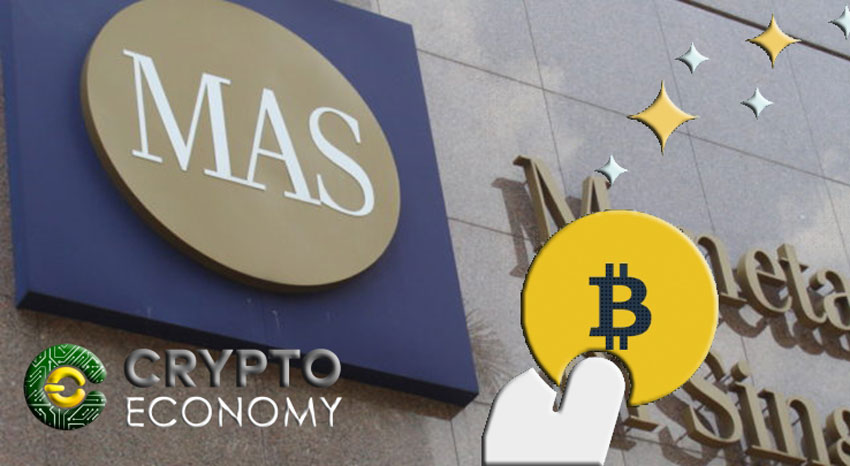The impact of cryptocurrencies in global economic spheres can not be ignored anymore. This has led some governments to regulate their adoption, and others have even blocked them altogether. But the fact is that they are an inescapable and unstoppable reality that can not be neglected and requires governments to adopt a position on the matter. In this regard, the authorities of Singapore have evaluated the impact of cryptocurrencies and have concluded that there is no reason to prohibit the trade of cryptocurrencies in that country.
The Monetary Authority of Singapore (MAS) has come to the conclusion that the cryptocurrency is not a threat to the economy, and has recognized the use of cryptocurrencies and their trade as an emerging and developing phenomenon.
Based on the MAS report, Tharman Shanmugaratnam, Deputy Prime Minister of Singapore, acknowledged that cryptocurrencies are internationally growing in the market, and that cryptocurrency must be seen as an asset class. In the case of official high-level authority in Singapore, the statements of Shanmugaratnam can be considered as an official position with the incidence that this type of statements brings as a consequence.
We have seen how there are countries even in the Asian region such as China and South Korea have adopted severe restrictions on trade with cryptocurrencies. However Singapore is currently experiencing a very active trade with cryptocurrencies, its citizens accept and use them, and there are many Singapore-based start-ups that trade in cryptocurrencies.
With the support of the MAS investigation, the senior official explained the findings of the Singapore central bank on the subject. In that sense he pointed out that “From now on, there is no strong case to prohibit the cryptocurrency trade” in that Asian nation. These statements were presented in writing to deputies of the Legislative Branch of Singapore, and also stressed that only in time will be known if the cryptocurrency experiment works or fails in the global community.
As one of the measures that Singapore would adopt shortly, to avoid money laundering and organized crime financing, the same legal obligations would be imposed on merchants and cryptocurrency intermediaries through the central bank.
Finally in the report that the high official presented to the legislators, he pointed out among other things that Singapore’s cryptocurrency trade was comparatively small in relation to other nations of the region such as South Korea and Japan, and assured that by now the scale of the cryptocurrency trade in Singapore poses no risk to the security and integrity of Singapore’s financial system.
The activity of trade with cryptocurrencies in the Asian region is considerable, and taking into account that cryptocurrencies are perceived as a kind of asset in themselves, it is foreseeable that their use and acceptance will not decline. Singapore will continue to allow cryptocurrency operations for the moments.











